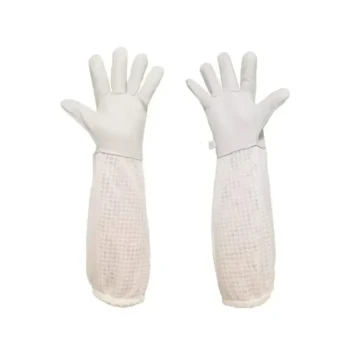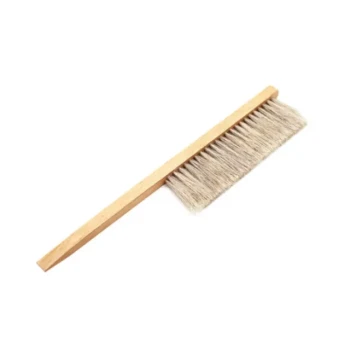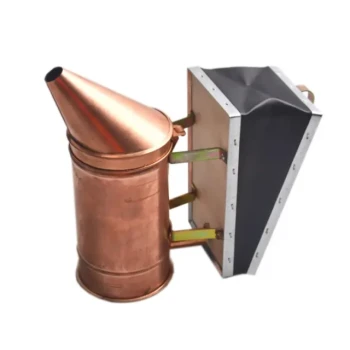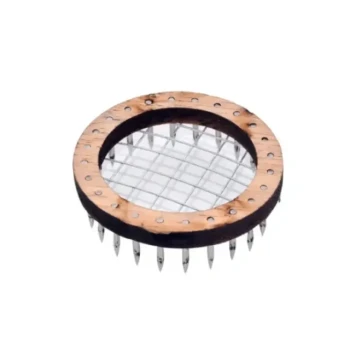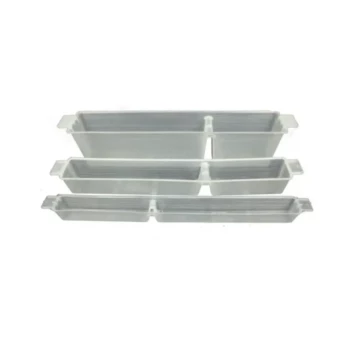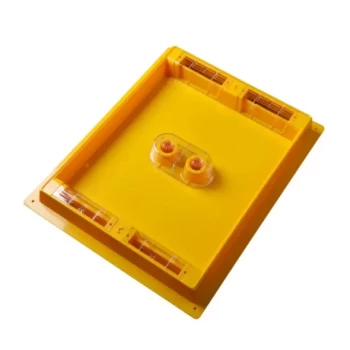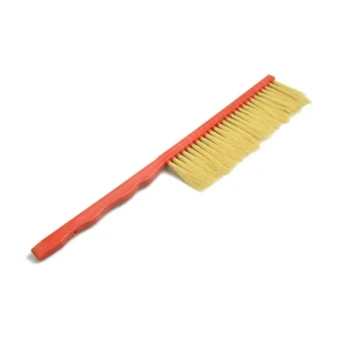For many beekeepers, yes—polystyrene beehives are an excellent choice. They offer significant, measurable advantages over traditional wooden hives, particularly in thermal performance, which directly impacts colony health and productivity. While wood has a traditional appeal, polystyrene often proves to be the superior option when judged on a practical, performance-driven basis.
The decision between polystyrene and wood is not about which is "better" in absolute terms, but about what you, the beekeeper, prioritize. Polystyrene excels in performance metrics like insulation and weight, while wood offers tradition and a different aesthetic. Understanding this trade-off is the key to making the right choice.
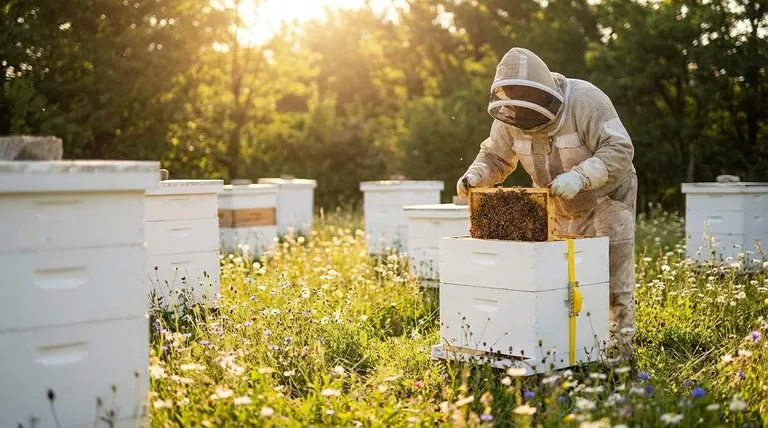
The Core Advantage: Superior Thermal Insulation
The single greatest benefit of a polystyrene hive is its ability to insulate. High-density expanded polystyrene (EPS) can provide up to eight times the insulation of wood, creating a more stable internal environment for the bees. This has several profound effects on the colony.
Better Overwintering Survival Rates
A well-insulated hive dramatically reduces the energy a bee cluster must expend to stay warm during winter. This means the bees consume less of their precious honey stores, reducing the risk of starvation and increasing the colony's chances of surviving until spring.
Faster Spring Buildup
Coming out of winter, a colony in a polystyrene hive can dedicate its energy to raising new brood rather than fighting cold temperatures. This leads to a much faster population increase, resulting in a stronger, more productive colony earlier in the season.
Increased Honey Production
Bees use honey as fuel. In a poorly insulated hive, a significant amount of that fuel is burned simply to generate heat. By maintaining a stable temperature, polystyrene hives allow bees to conserve their energy and honey stores, which often translates to a larger surplus for the beekeeper to harvest.
Improved Moisture Control
Condensation is a major threat to a wintering colony. Warm, moist air from the bee cluster rises and hits a cold inner cover, turning into water droplets that can drip down and chill the bees. The superior insulation of polystyrene keeps the interior surfaces warmer, drastically reducing condensation and maintaining a healthier, drier environment.
Practical Benefits for the Beekeeper
Beyond colony health, polystyrene hives offer direct benefits that make the practice of beekeeping easier and more efficient.
Significantly Lighter Weight
A polystyrene hive body is substantially lighter than its wooden equivalent. This is a critical advantage for any beekeeper who has to lift heavy boxes, reducing physical strain and making hive inspections and transport far more manageable. For commercial operators, this can lower fuel costs and allow for the use of smaller vehicles.
Durability and Low Maintenance
Unlike wood, high-density polystyrene does not rot, warp, or become waterlogged. It is less prone to mold and does not require the regular painting and sealing that wooden hives need to withstand the elements. This results in a lower total cost of ownership and less maintenance work over the life of the hive.
Understanding the Trade-offs
No hive material is perfect. To make an informed decision, you must weigh the clear performance benefits of polystyrene against its potential downsides.
Susceptibility to Physical Damage
While polystyrene is durable against weather, it is softer than wood. It can be dented by careless use of a hive tool or damaged by pests like wax moths or rodents if the hive entrance is not properly protected.
The "Natural vs. Plastic" Debate
Many beekeepers are drawn to the craft for its connection to nature and prefer the traditional aesthetic and feel of a wooden hive. For some, using a plastic-based material feels contrary to the spirit of beekeeping, regardless of the performance advantages.
Environmental Considerations
Polystyrene is a petroleum product. While the hives are 100% recyclable, the availability and ease of recycling EPS can vary by location. Wood, conversely, is a renewable resource that biodegrades naturally. The long lifespan of a polystyrene hive helps offset its initial environmental impact, but this is a valid consideration.
Making the Right Choice for Your Goals
Your final decision should be guided by your specific objectives as a beekeeper.
- If your primary focus is maximizing overwintering success and honey production: The superior insulation of polystyrene makes it the clear performance leader.
- If you have physical limitations or manage many hives: The lightweight nature of polystyrene will significantly improve your workflow and reduce physical strain.
- If you prioritize a traditional aesthetic and natural materials: A well-maintained wooden hive remains a perfectly viable and effective choice that has served beekeepers for centuries.
Ultimately, the best hive is the one that helps you achieve your specific beekeeping goals while fitting your management style.
Summary Table:
| Feature | Polystyrene Hive | Traditional Wood Hive |
|---|---|---|
| Thermal Insulation | Up to 8x better | Standard |
| Weight | Significantly lighter | Heavier |
| Durability | Rot-proof, warp-resistant | Requires painting/sealing |
| Maintenance | Low | Regular upkeep needed |
| Overwintering Success | Higher | Lower |
Ready to boost your apiary's productivity and efficiency?
As a leading wholesale supplier to commercial apiaries and distributors, HONESTBEE provides high-performance polystyrene beehives designed to deliver tangible results: stronger colonies, higher honey yields, and reduced physical strain for your team. Our equipment is built for the demands of professional beekeeping.
Contact HONESTBEE today to discuss wholesale pricing and how our superior beekeeping supplies can benefit your operation.
Visual Guide

Related Products
- Professional Galvanized Hive Strap with Secure Locking Buckle for Beekeeping
- 4 Frame Plastic Nuc Boxes for Beekeeping Bee Nuc Box
- Premium Ventilated Goatskin Beekeeping Gloves with Full 3-Layer Mesh Sleeve
- High Performance Plastic Queen Excluder for Beekeeping and Apiary Management
- Professional Plastic Queen Excluder for Modern Beekeeping
People Also Ask
- What maintenance is required for hive straps? A Guide to Cam Buckle vs. Ratchet Strap Care
- What are hive straps and why are they used? Secure Your Hives Against Wind, Predators, and Transport
- How should a cam buckle strap be installed for optimal performance? Master the Leverage for Maximum Tension
- Why are hive straps important for beekeepers? Secure Your Hives Against Wind, Predators & Transport
- What are the two styles of hive straps? Choose the Right Strap for Your Hive Security


